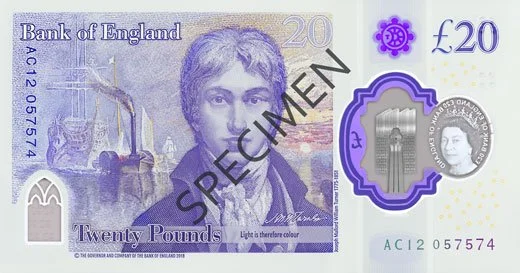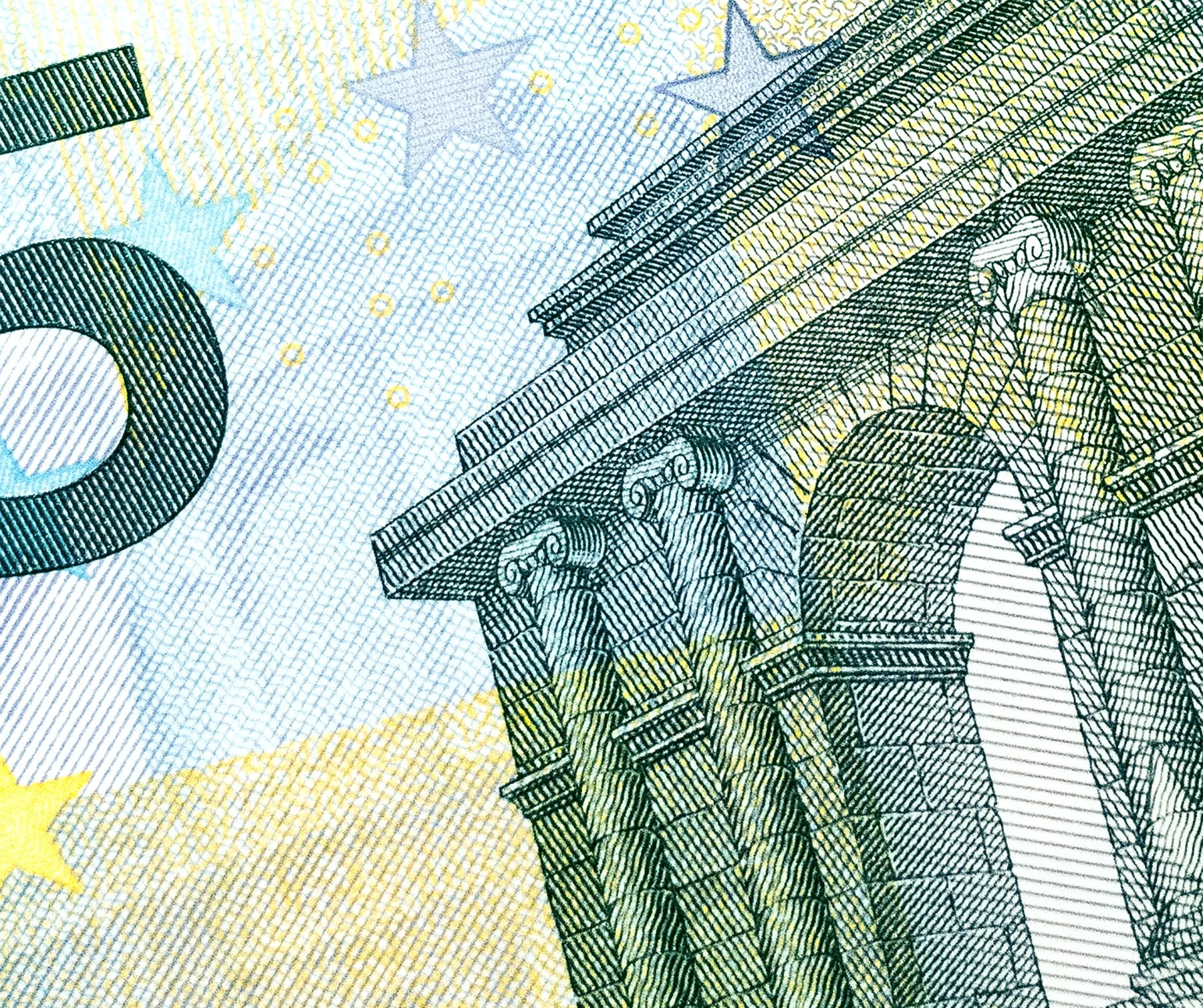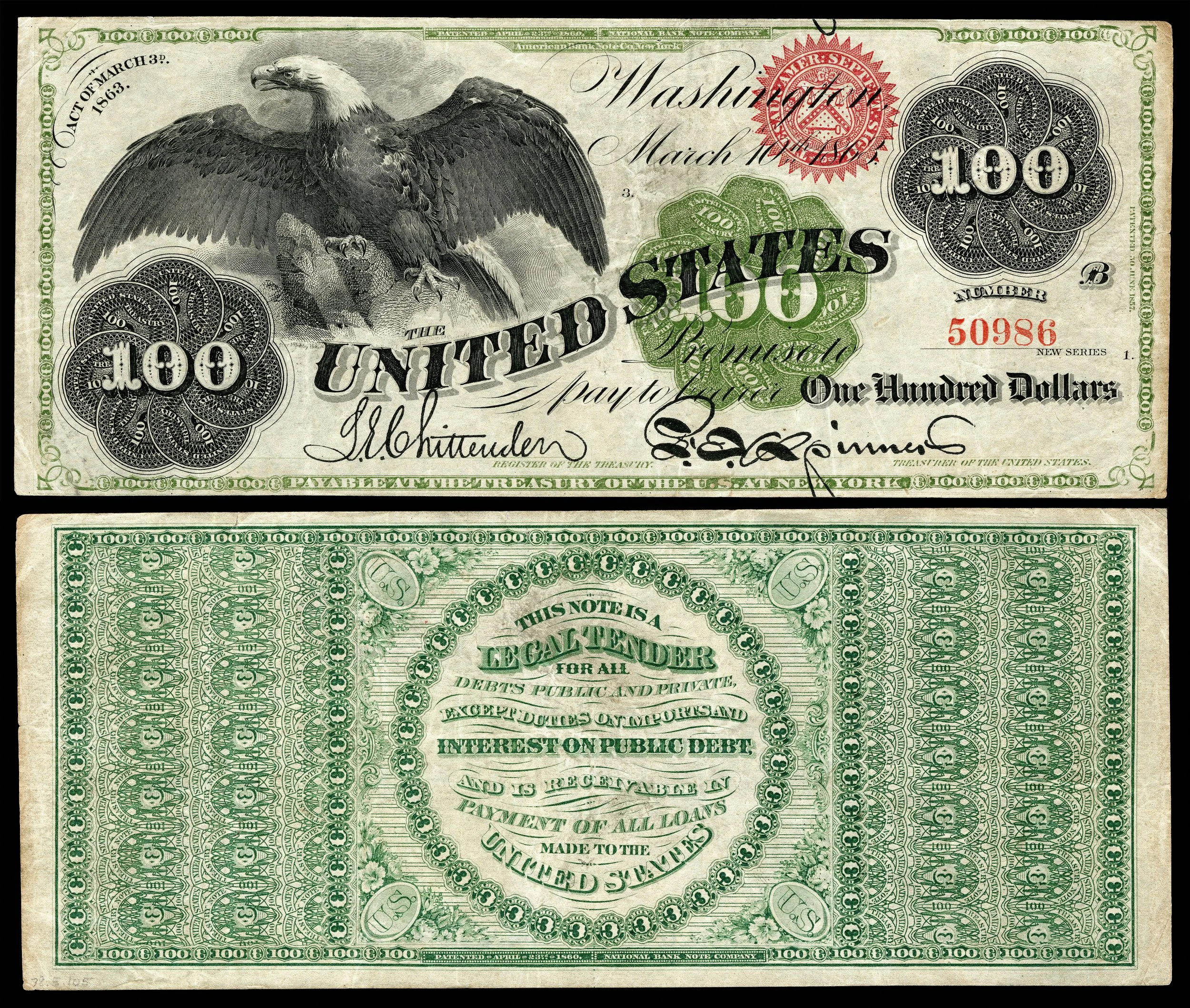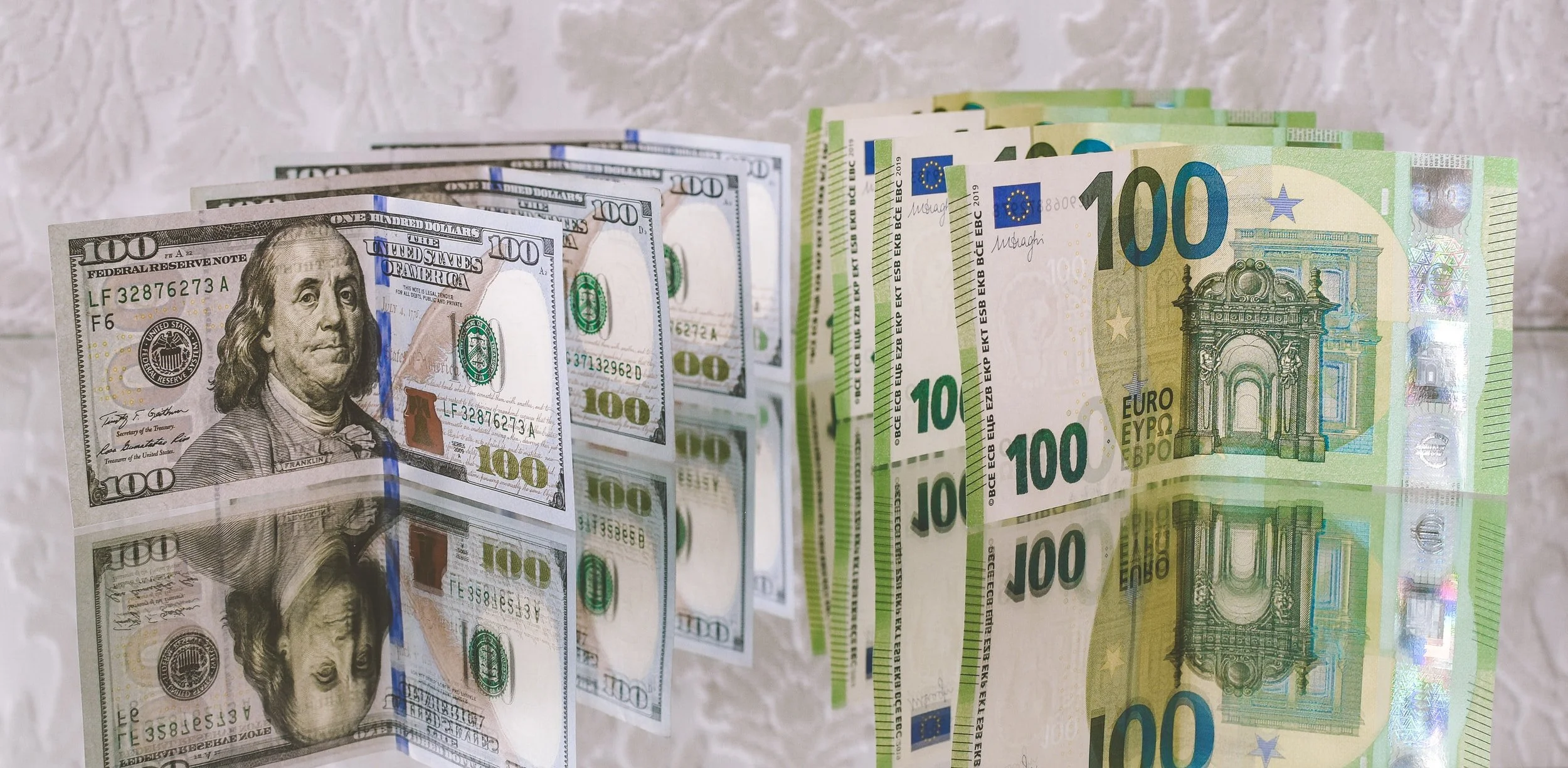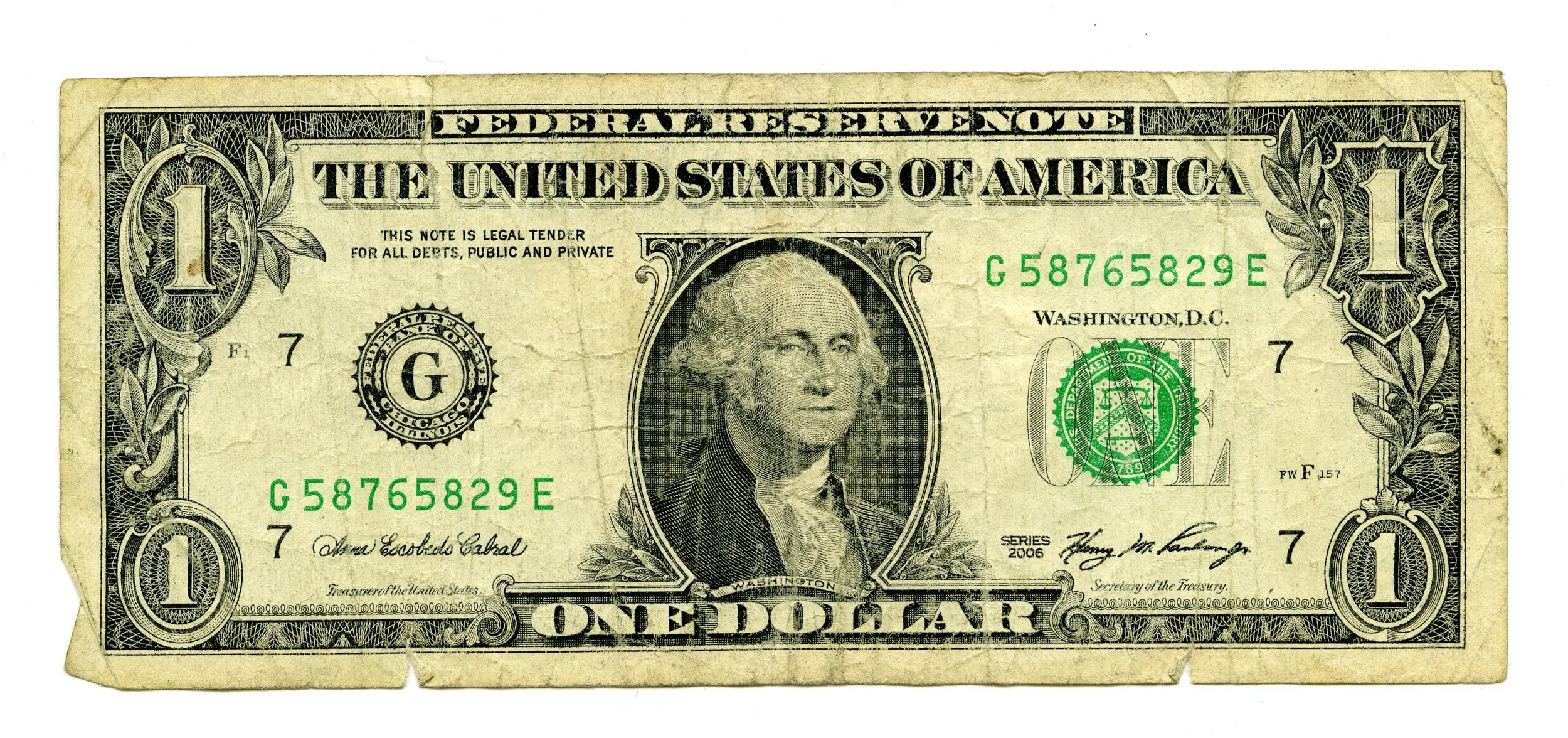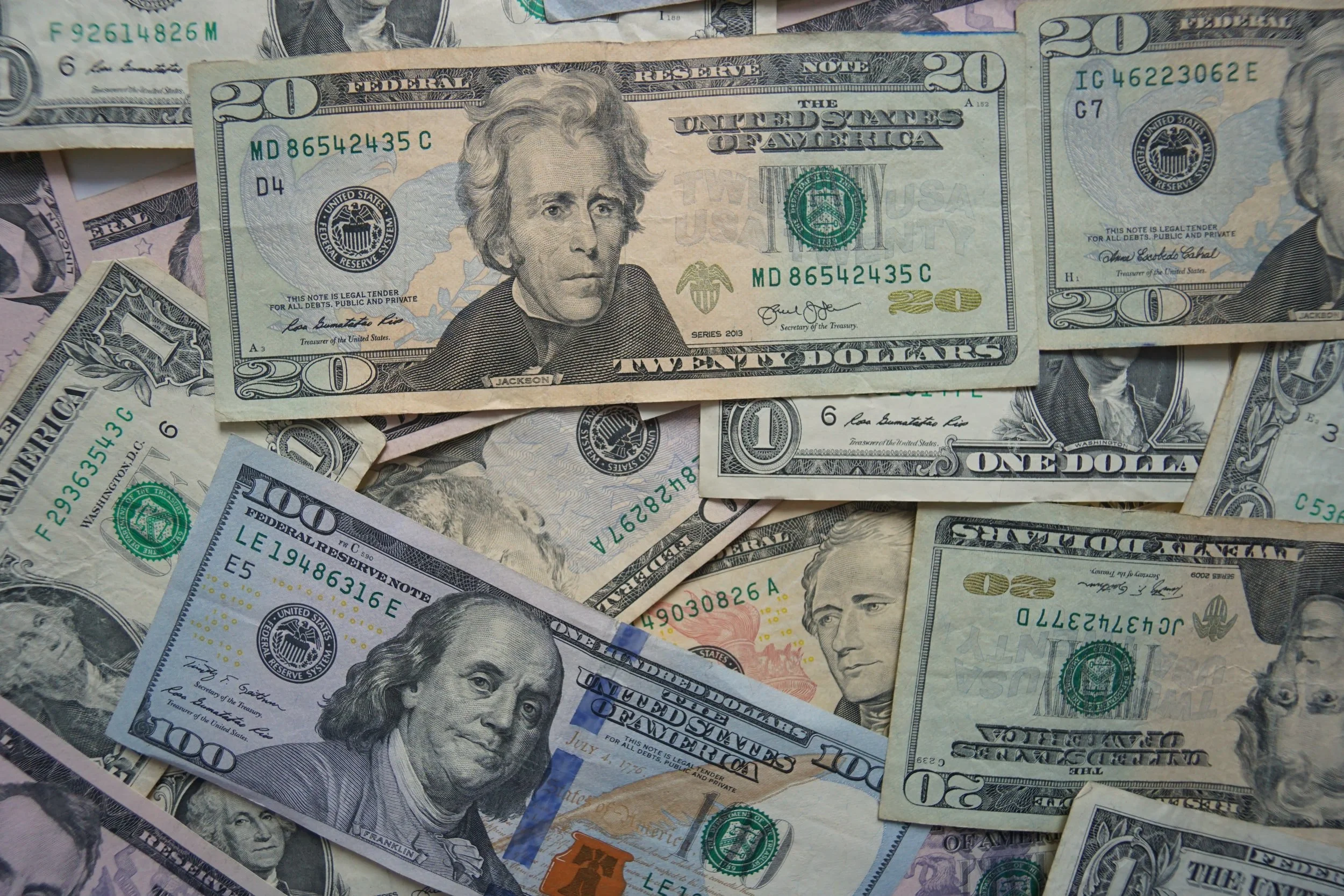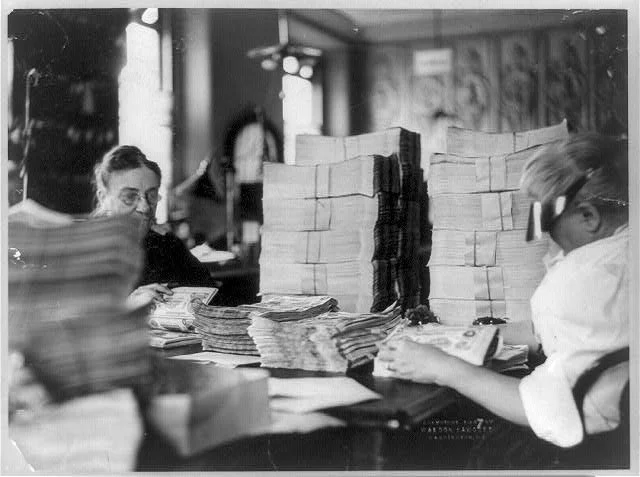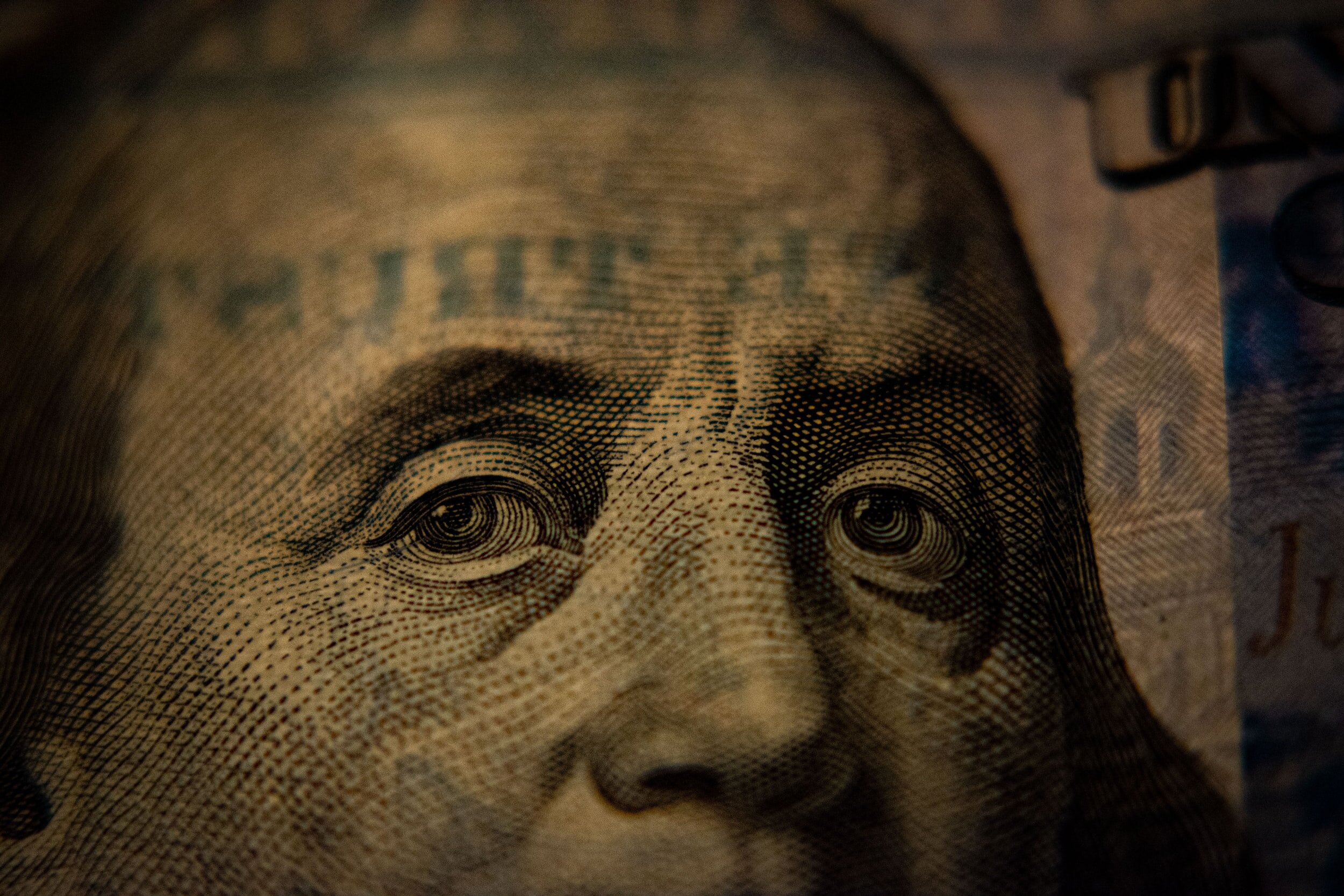
Money Tech Blog
News and Views on the Technology of Money: Past, Present, and Future
(Banknotes, Cryptobanknotes, Stablecoins, CBDCs, Bitcoin, and More)
History in Banknote Design
Look at almost any banknote design, and you will find historical subject matter depicted. There are good reasons for this.
Cash & the Zero Lower Bound
The Zero Lower Bound in interest rates is caused by the presence of cash, which has a 0% nominal rate. It complicates things when central banks want to go to negative rates to stimulate spending.
The $100 Legal Tender & Monetary Technology
One advantage to physical money over cryptocurrency is that we have an object to study. If we look at the first $100 bills issued by the US Government, it can tell us a lot about mid-nineteenth century monetary technology.
Retail CBDC Remuneration
If a central bank insists on having traditional banknotes as well as a CBDC it severely limits what the central bank can do with its new digital currency to conduct monetary policy.
Legal Tender in the US
Legal tender is a concept that varies from country to country. In many countries, any person or merchant is required by law to accept the legal tender for settlement of a debt. In the US, this is optional.
The $10,000 Bill
Let's talk about the highest denomination banknote that circulated publicly in the US. The first $10,000 bills were issued in the 1870s
CBDCs & Barriers to Adoption
An article on the adoption of contactless payment cards raises concerns for me over the widespread adoption of CBDCs via mobile platforms.
Denominations & the Cash Paradox
Recent work on the cash paradox focuses on the denominations involved. In a study of eight currencies over 30 years, two researchers see a correlation between the type of crisis and the demand for certain denominations.
Cryptocurrencies and Current Money
In the US, when could crypto run into trouble with existing law on private currencies? I believe it arises when crypto or stablecoins become defined as "current" or "lawful" money.
MLK on US Bonds and Notes
Here in the US, it is Martin Luther King Day, celebrating the achievements of the civil rights activist who changed US history. Unfortunately, we do not see many images of him on official US securities or cash.
Why is the Greenback Green?
Why is the Greenback green? The short answer is that green ink was a security feature in the mid-1900s.
CBDC Frontiers
What are the hot topics in CBDCs right now? I think they are privacy, consumer accounts, offline use, and cross-border payments.
Personal Stablecoins
In the remote reaches of the stablecoin future could we see personal stablecoins?
Cash from a Crypto Perspective
We often talk about e-money or crypto in terms of cash, let's take a moment to reverse things and talk about cash from a crypto perspective. Then, we see that cash is a hardware-based system for transferring value person to person.
Counting National Bank Notes, 1907
It's 1907, and two women are counting sheets of National Bank Notes inside the US Treasury Building before they are sent to individual private banks for issuance.
High-Denomination Notes, CBDCs, and Crime
What is the relationship between high-denomination banknotes and CBDCs? Well, there are two basic arguments for getting rid of high-denomination notes: enabling interest rates to go negative and to reduce crime.
Popular Culture and Banknote Design
Yes, this is a real note. In 1901, the US issued a banknote with a portrait of a bison. This is a fine example of how popular culture influences banknote design.
Crypto and US Currency/Security Hybrids
One of the long-running debates raging around cryptocurrency is whether a particular crypto is actually a currency or a security. The monetary history of the United States can shed light on this debate.
Are $2 Bills Unlucky?
$2 notes have long been considered bad luck in the US. The way to remove the bad luck was to tear a corner off the note. Does this make any sense? Yes, it does. Here's why.
Where Have the $500 Bills Gone?
Where have all the $500 bills gone? For much of its history, the US issued notes in the denominations of $500, $1000, $5000, and $10000. But, in 1969, the last notes were effectively retired.

